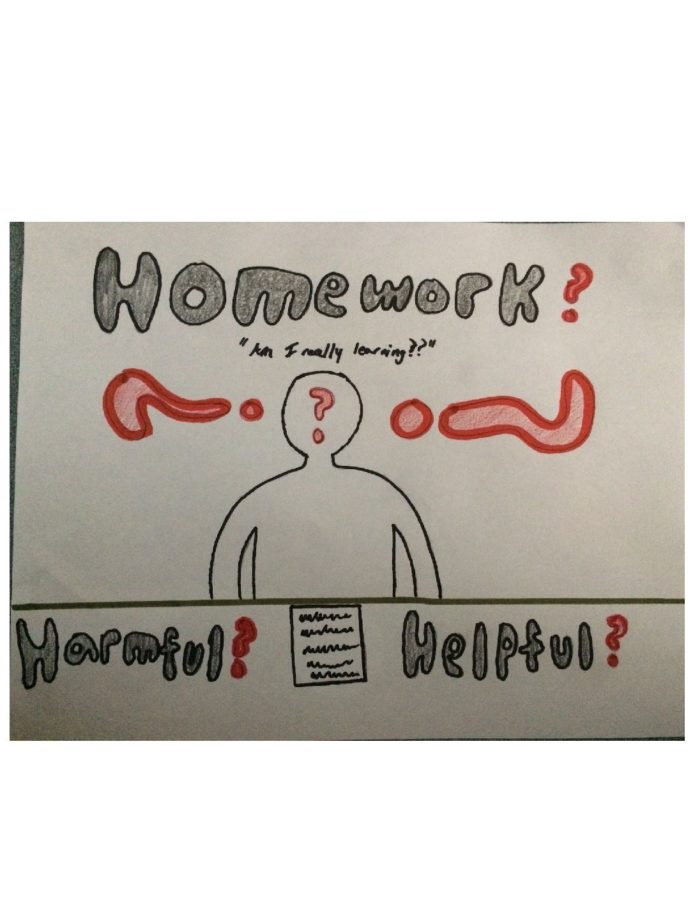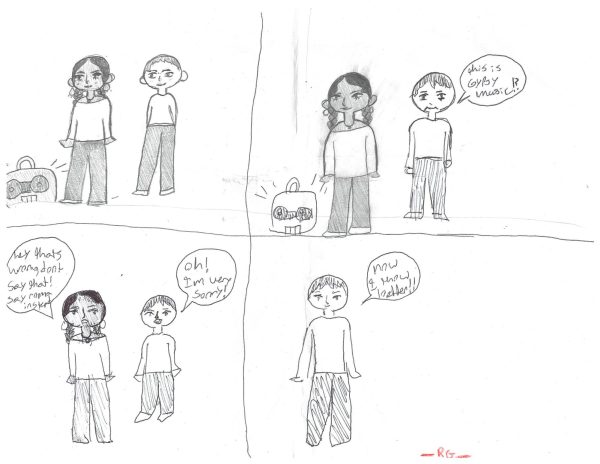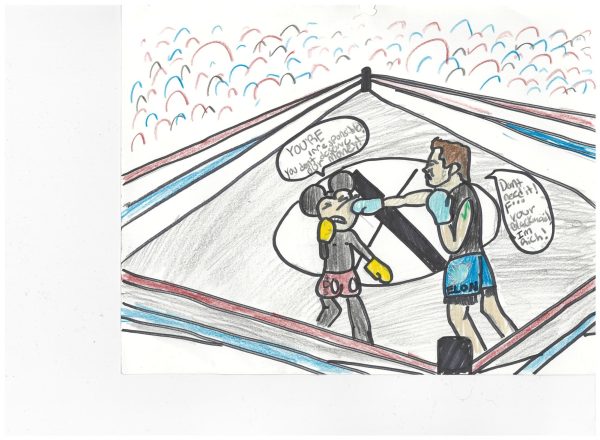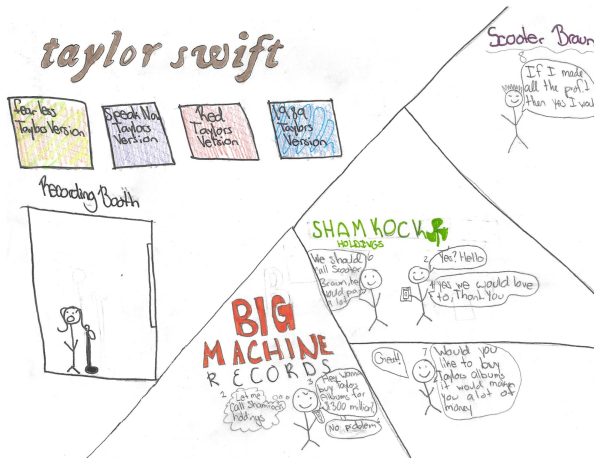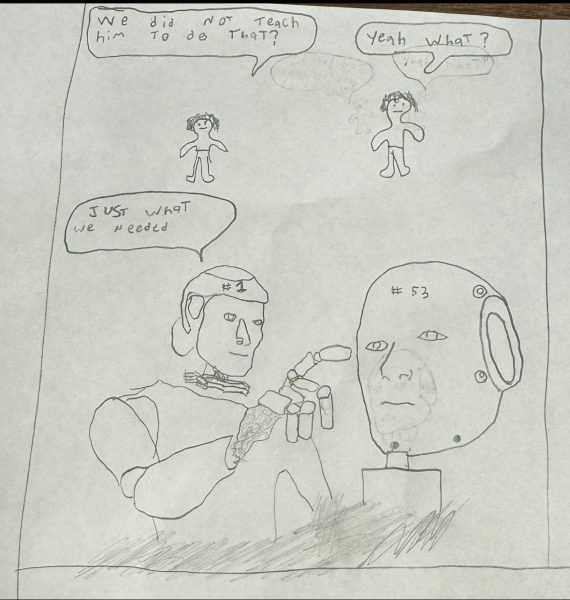Homework: Harmful or Helpful?
Homework, a word that brings deep sighs and distraught faces from students worldwide. Tasks such as reading for an allotted time or section of a book, completing frivolous worksheets, or eventually writing an essay that will be barely read anyhow are all key instances of pointless busy-work. Educators and administrators must create and effectively implement a smarter way of ensuring students learn content.
Somewhere along the history of education came the idea that the harder a student works, the better he or she will learn. That educators should give more work or longer assignments, as this repeated practice will ensure the retention of the subject. “Most studies involving high school students suggest that students who do homework achieve at a higher rate,” said The Alberta Teachers’ Association. Therefore the addition of extra work can only lead to increased or better results.
However, the brain does not work like this. It takes a substantial amount of effort to recall something that does not succinctly resonate.“Every time we pull up a memory, we make it stronger and more lasting, so that testing doesn’t just measure, it changes learning. Simply reading over material to be learned, or even taking notes and making outlines, as many homework assignments require, doesn’t have this effect,” said Annie Murphy Paul in her article “The Trouble With Homework.”. “In a 2008 survey, one-third of parents polled rated the quality of their children’s homework assignments as fair or poor, and 4 in 10 said they believed that some or a great deal of homework was busy-work,” said Paul. This alarming study shows the traditional method of homework is ineffective.
It certainly has not had an impact way of learning for tests either, as students do not retain the information. “Although surveys show that the amount of time our children spend on homework has risen over the last three decades, American students are mired in the middle of international academic rankings: 17th in reading, 23rd in science and 31st in math, according to results from the Program for International Student Assessment released last December,” said Paul.
In place of homework, there are a few alternative assignment methods that ensure smarter, more efficient learning. “Educators have begun to implement these methods in classrooms around the country and have enjoyed measured success… Columbia Middle School, for example, lifted seventh- and eighth-grade students’ science and social studies test scores by 13 to 25 percent,” said Paul. They include repeated retrieval practice, where students are given addition work of the same content, but it only counts for participation, spacing the homework out of a certain period of time, and finally, immediately giving feedback on an assignment rather than after a given amount of time.

